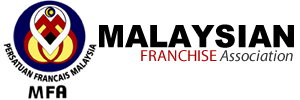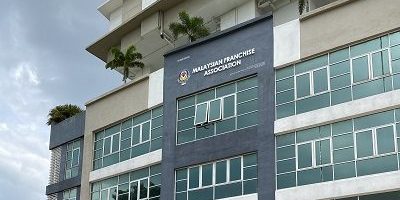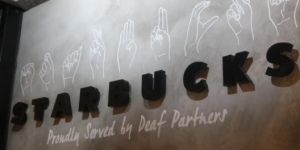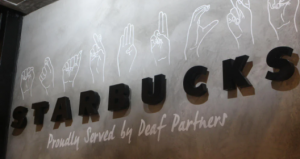KUALA LUMPUR: At a small bakery in Kuala Lumpur’s Lorong Ampang area, a group of men and women take out from the oven and pack colorful cookies in complete silence. The cookies have one shape — that of a hand with the thumb, index finger and pinkie finger put up. In sign language it means “I love you.”
The bakery, Silent Teddies, was founded in 2004 by Cindy Leong, a sign language interpreter who has sought ways to empower Malaysia’s deaf community by encouraging entrepreneurship and training hearing-impaired youths to be independent. All staff members of Silent Teddies are people with hearing loss.
“We aim to build talents here and the mindset of the community needs to change because we cannot be solely surviving on corporate social responsibility donations or support to sustain ourselves,” Leong told Arab News as the International Week of the Deaf started on Wednesday.
About 40,000 Malaysians are registered as deaf and have limited access to education and career opportunities.
“Many deaf people are from the bottom 40 segment,” Leong said, referring to Malaysia’s lowest earning group.
It took her Silent Teddies years to gain traction but in 2012 the efforts flourished with a deal with Malaysian airline AirAsia, the biggest low-cost carrier of Southeast Asia.
“It was a stepping stone for me and the bakers here to have their cookies and products sold to the masses in Asia. We were never driven by profits, our main goal is to empower the community by providing them training and opportunities to grow and support themselves.”
Through the Society of Interpreters for the Deaf (SID), the initiative expanded to the coffeehouse giant Starbucks.
Berjaya Starbucks Coffee Company, a licensee of the Starbucks franchise in Malaysia, in 2016 opened the doors to employment for deaf people and established the signing store model — the first of its kind for Starbucks globally.
“Starbucks have always hired the deaf at our stores even before we were planning the signing store but because of certain security risks and cultural sensitivities, we could only give them very simple and menial tasks such as restocking and cleaning,” Berjaya Starbucks representatives said in a statement for Arab News.
Their signing stores changed the situation and offered hearing-impaired people better jobs and career progression. Established in consultation with the SID, the outlets in Kuala Lumpur’s popular hangout area Bangsar and in George Town, Penang, employ 14 deaf partners.
“The training that we provide our deaf partners is the same training that we provide our hearing partners, that includes theory classes as well as on-the-job training in our stores and by extension, our deaf partners are also welcome to participate in the same learning opportunities as are hearing partners, such as our coffee master certification and advanced coffee master certification,” Starbucks said.
One of the coffee masters at Starbucks’s Bangsar store is 34-year-old Mohammed Akmal Abdul Khalid.
Speaking to Arab News through a sign language interpreter, he said that he was ecstatic when his friends and family told him about job openings at Starbucks. He saw it as a chance to finally be included in society.
“The first thing that crossed my mind was my curiosity on how the deaf partners communicate with hearing individuals without any sign language, but I am adapting with the whole new culture.”
He said that the job allowed him to learn proper communication with hearing partners and customers, and he hopes that other deaf people will be given this opportunity.
“I hope there will be more chances for the deaf to work through the Starbucks signing store in Malaysia and across the world, because I want to see the deaf work hard and contribute to the society, just like everyone else,” he said.
Source: Arab News
Full Article: https://www.arabnews.com/node/1739621/world














